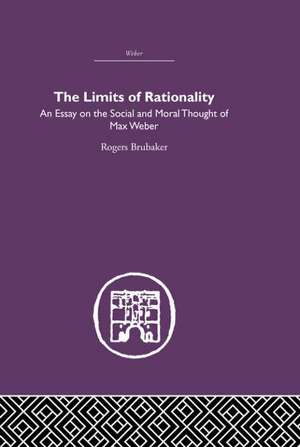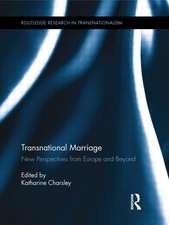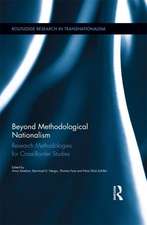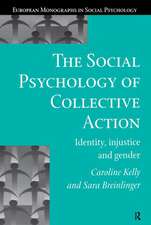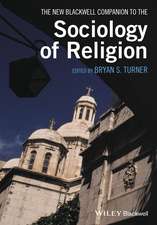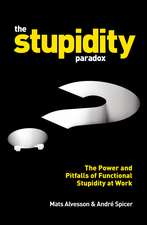The Limits of Rationality
Autor Rogers Brubakeren Limba Engleză Paperback – 10 dec 2010
| Toate formatele și edițiile | Preț | Express |
|---|---|---|
| Paperback (1) | 295.07 lei 6-8 săpt. | |
| Taylor & Francis – 10 dec 2010 | 295.07 lei 6-8 săpt. | |
| Hardback (1) | 1040.12 lei 6-8 săpt. | |
| Taylor & Francis – 24 aug 2006 | 1040.12 lei 6-8 săpt. |
Preț: 295.07 lei
Preț vechi: 339.31 lei
-13% Nou
Puncte Express: 443
Preț estimativ în valută:
56.46€ • 59.12$ • 46.83£
56.46€ • 59.12$ • 46.83£
Carte tipărită la comandă
Livrare economică 10-24 aprilie
Preluare comenzi: 021 569.72.76
Specificații
ISBN-13: 9780415607797
ISBN-10: 0415607795
Pagini: 130
Dimensiuni: 156 x 234 x 8 mm
Greutate: 0.24 kg
Ediția:1
Editura: Taylor & Francis
Colecția Routledge
Locul publicării:Oxford, United Kingdom
ISBN-10: 0415607795
Pagini: 130
Dimensiuni: 156 x 234 x 8 mm
Greutate: 0.24 kg
Ediția:1
Editura: Taylor & Francis
Colecția Routledge
Locul publicării:Oxford, United Kingdom
Cuprins
Chapter 1 Introduction; Chapter 2 The Specific and Peculiar Rationalism of Modern Western Civilization; Chapter 3 The Nature and Limits of Rational Action; Chapter 4 The Ethical Irrationality of the World; Chapter 5 Weber's Moral Vision;
Descriere
Exploring the ambiguous interplay between Max Weber's empirical work and his moral vision; his analysis of the 'specific and peculiar rationalism' of modern Western civilization and his ambivalent moral response to that rationalism.
